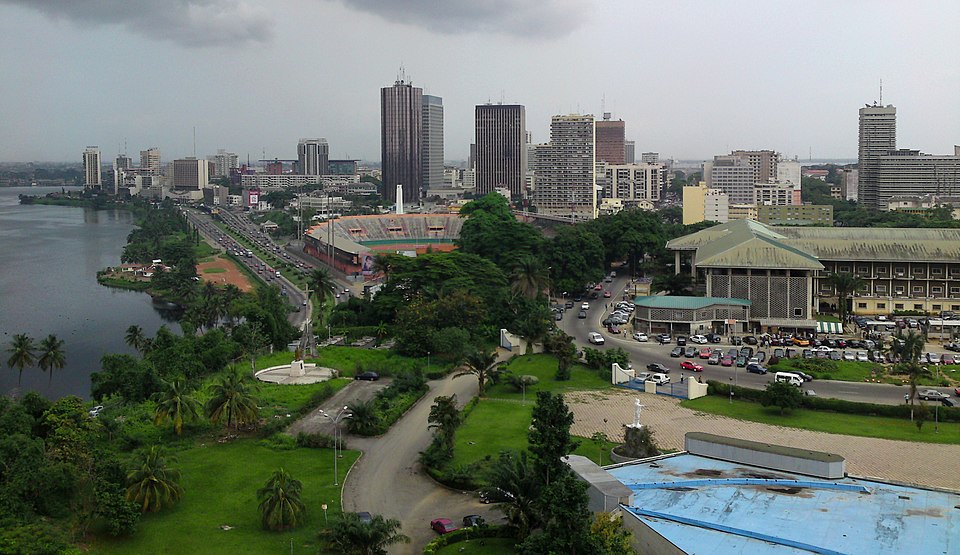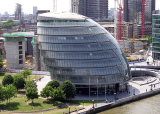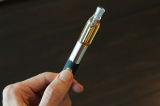
Ivory Coast heads to the polls today in a closely watched presidential election that could mark the end of an era. More than eight million registered voters are casting their ballots as
83-year-old President Alassane Ouattara seeks a fourth term—while hinting it may be his last.
Ouattara, a former IMF deputy managing director and international banker, has governed since 2011, steering the West African nation through nearly 15 years of economic expansion and relative stability. But his long tenure and advanced age have sparked debate about generational change in a country where the median age is just 18.
A legacy of growth — and war’s shadow
Ouattara first rose to power after a bloody civil conflict that erupted when then-president Laurent Gbagbo refused to concede defeat in the disputed 2010 election. The four-month standoff claimed some 3,000 lives before Ouattara ultimately assumed office.
Since then, Ivory Coast — the world’s largest cocoa producer — has become one of Africa’s fastest-growing economies. The government has invested heavily in roads, schools, and infrastructure, while diversifying into sectors like mining to attract foreign investment. Its international bonds remain among the continent’s best performers.
An uneven playing field
Despite the air of competition, the odds are stacked firmly in Ouattara’s favor. Key figures such as former president Gbagbo and ex-Credit Suisse CEO Tidjane Thiam were barred from running, leaving opposition candidates with little institutional support.
Polling stations opened at 8 a.m. local time, with voting set to close at 6 p.m. (1800 GMT). Provisional results are expected within five days, and a runoff will be triggered only if no candidate secures more than 50 percent of the vote.
Generational crossroads
Announcing his candidacy in July, Ouattara framed his potential final term as one of “generational transmission.” Yet even his supporters acknowledge it may be time for change.
“He has really changed the image of Ivory Coast, but this should be his last mandate,” said Souamane Cisse, a 44-year-old driver voting in Abidjan. “We need to pass the torch to the new generation.”
Schoolteacher Fatou Fofana, 48, agreed that younger leadership is necessary — but only through a peaceful transition. “It needs to come at the right time,” she said. “We need security.”
Still, with no clear successor emerging from the ruling party, the question of who might take up Ouattara’s mantle remains open.
Youth frustration
Among younger voters, frustration runs deep. “We’re tired of seeing old people making decisions for us,” said 22-year-old student Landry Ka, who plans to back Simone Gbagbo, the 76-year-old former first lady and Ouattara’s most prominent challenger.
The youngest contender in the race, former commerce minister Jean-Louis Billon, is 60 — a sign of how deeply entrenched Ivory Coast’s older political elite remains.
As polls close, Ivorians are watching closely not just for the result, but for signs of what comes next — whether this election will bring continuity, or finally open the door to a new generation of leadership. Photo by Maarten van der Bent, Wikimedia commons.









































